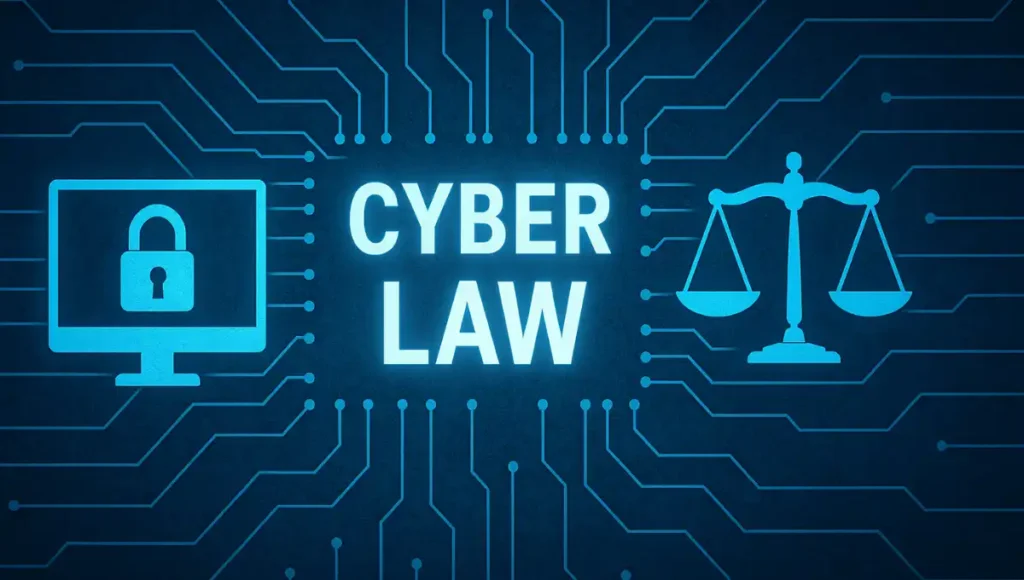Pakistan’s legal sector is rapidly expanding, creating opportunities for law graduates who specialize in niche areas like digital law, corporate compliance, and international trade.
Diploma courses provide practical, focused training that complements academic degrees, preparing students for real-world challenges.

Below, we explore the most valuable diploma specializations for law students in Pakistan, their core subjects, and how they align with emerging career opportunities.
Diploma in Corporate Laws
A Diploma in Corporate Laws focuses on the legal frameworks governing businesses, mergers, acquisitions, and regulatory compliance. This program teaches students to draft contracts, handle shareholder disputes, and navigate corporate governance standards.
Coursework often includes case studies on competition law, bankruptcy procedures, and intellectual property rights.
Graduates gain skills to advise multinational companies, manage compliance for financial institutions, or work as corporate consultants. The curriculum emphasizes practical scenarios, such as resolving boardroom conflicts or aligning operations with Pakistan’s Companies Act.
Diploma in Cyber Laws
As digital transactions and cybercrimes surge, a Diploma in Cyber Laws equips students to address hacking, data theft, and online fraud.
This specialization covers Pakistan’s Prevention of Electronic Crimes Act (PECA), digital evidence collection, and privacy regulations. Students learn to prosecute cybercrimes, draft IT policies, and advise organizations on data protection.
Career paths include roles in cybersecurity firms, government cybercrime units, or legal departments of tech companies. The course also explores global trends, such as cross-border data-sharing treaties and AI-related legal challenges.
Diploma in Taxation Laws
Taxation laws are essential for businesses, investors, and individuals. A Diploma in Taxation Laws dives into income tax, sales tax, and federal revenue policies.
Students analyze tax assessment procedures, litigation strategies, and recent reforms like the GST harmonization with global standards.
This diploma prepares graduates to work as tax consultants, auditors, or advisors for corporations. Practical training often includes simulating tax return filings, resolving disputes with the Federal Board of Revenue (FBR), and understanding international tax treaties.
Diploma in Labour Laws
A Diploma in Labour Laws focuses on Pakistan’s industrial relations framework, worker rights, and dispute resolution. Key topics include wage laws, occupational safety standards, and collective bargaining agreements.
Students learn to mediate conflicts between employers and employees, draft employment contracts, and ensure compliance with provincial labor acts.
This specialization is ideal for HR professionals, legal advisors, or NGO workers advocating for labor rights. Case studies often cover real-world scenarios, such as resolving strikes or addressing workplace discrimination.
Diploma in Intellectual Property (IP) Laws
A Diploma in Intellectual Property Laws trains students to protect patents, trademarks, and copyrights. The curriculum covers IP registration processes, infringement lawsuits, and international agreements like the TRIPS Agreement. Students also explore niche areas, such as protecting digital content or pharmaceutical patents.
Graduates can work with startups, media companies, or R&D departments to safeguard innovations. The course highlights the role of IP laws in boosting Pakistan’s creative and tech industries.
Diploma in Alternative Dispute Resolution (ADR) Systems
With court backlogs rising, ADR methods like mediation and arbitration are critical. A Diploma in ADR Systems teaches negotiation tactics, arbitration protocols, and conflict resolution frameworks. Students practice resolving commercial, family, and property disputes outside traditional courts.
This diploma opens doors to roles as mediators, arbitration lawyers, or in-house dispute resolution experts. The training emphasizes ethical practices and aligns with global standards set by organizations like the International Chamber of Commerce (ICC).
Diploma in Foreign Investment Laws
A Diploma in Foreign Investment Laws focuses on cross-border transactions, FDI policies, and international trade agreements. Students analyze bilateral treaties, export-import regulations, and risk management strategies for multinational deals.
This specialization is valuable for lawyers advising foreign investors or companies expanding overseas. Coursework often includes drafting joint venture agreements and navigating compliance with organizations like the World Trade Organization (WTO).
Diploma in Anti-Corruption Laws
A Diploma in Anti-Corruption Laws addresses fraud prevention, ethical governance, and accountability mechanisms. Students study Pakistan’s National Accountability Bureau (NAB) laws, forensic auditing, and whistleblower protections.
Graduates can work with government agencies, NGOs, or corporate audit teams to promote transparency. The curriculum includes case studies on asset recovery and implementing anti-bribery policies in public and private sectors.
Read more of:
- How to Be a Criminal Lawyer in Pakistan
- How to Be a Human Rights Lawyer in Pakistan
- How to Be a Constitutional Lawyer in Pakistan
- How to Be Barrister in Pakistan
FAQs:
Q1. Which diploma offers the highest salary potential?
Corporate Law, Cyber Law, and Taxation diplomas are linked to lucrative roles in multinational firms, tech companies, and financial institutions.
Q2. Are diplomas sufficient to start a legal career?
While an LLB is mandatory, diplomas provide specialized skills that make candidates stand out in competitive fields like IP or ADR.
Q3. Can I complete a diploma online?
Yes! Many accredited institutions offer flexible online programs with the same recognition as on-campus courses.
Q4. How long does a typical law diploma take?
Most programs span 6–12 months, with part-time options for working professionals.
Q5. Do diplomas help in government jobs?
Absolutely. Specializations like Labour Laws or Anti-Corruption Laws are highly valued in public-sector roles.
Final Thoughts:
Choosing a diploma depends on your interests and market needs. For corporate sectors, prioritize Corporate or Taxation Laws. For tech-driven roles, Cyber Law is ideal. Always opt for programs accredited by regulatory bodies like HEC or PBC to ensure credibility.

